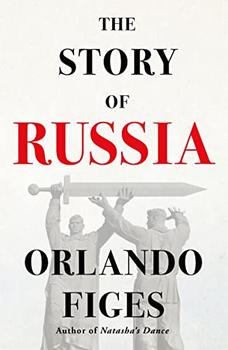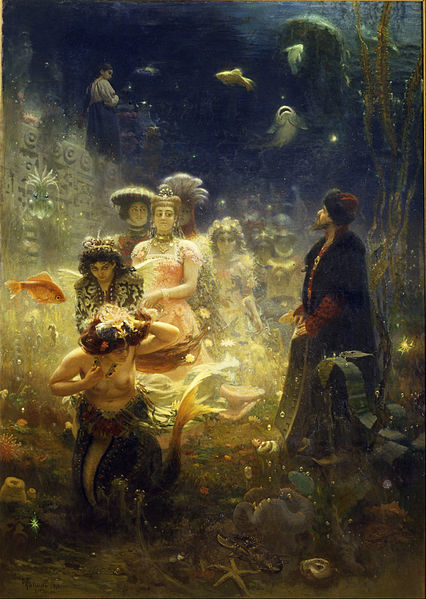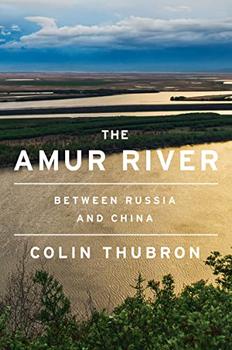Summary | Excerpt | Reviews | Beyond the book | Read-Alikes | Genres & Themes | Author Bio

From "the great storyteller of Russian history" (Financial Times), a brilliant account of the national mythologies and imperial ideologies that have shaped Russia's past and politics - essential reading for understanding the country today.
The Story of Russia is a fresh approach to the thousand years of Russia's history, concerned as much with the ideas that have shaped how Russians think about their past as it is with the events and personalities comprising it. No other country has reimagined its own story so often, in a perpetual effort to stay in step with the shifts of ruling ideologies.
From the founding of Kievan Rus in the first millennium to Putin's war against Ukraine, Orlando Figes explores the ideas that have guided Russia's actions throughout its long and troubled existence. Whether he's describing the crowning of Ivan the Terrible in a candlelit cathedral or the dramatic upheaval of the peasant revolution, he reveals the impulses, often unappreciated or misunderstood by foreigners, that have driven Russian history: the medieval myth of Mother Russia's holy mission to the world; the imperial tendency toward autocratic rule; the popular belief in a paternal tsar dispensing truth and justice; the cult of sacrifice rooted in the idea of the "Russian soul"; and always, the nationalist myth of Russia's unjust treatment by the West.
How the Russians came to tell their story and to revise it so often as they went along is not only a vital aspect of their history; it is also our best means of understanding how the country thinks and acts today. Based on a lifetime of scholarship and enthrallingly written, The Story of Russia is quintessential Figes: sweeping, revelatory, and masterful.
For the lay reader, The Story of Russia provides an informative historical overview, written in straightforward, measured prose. The scale of Figes' account means that it can be used as a springboard for more in-depth study of a discrete topic — for example, further reading about Ivan IV (better known in the West as Ivan the Terrible) may be triggered by a desire to learn more about Putin's motivations. Despite the book's merits, the sheer volume of detail that is jam-packed into it can seem a little intense and difficult to absorb, especially as some may find Figes' style on the dry side. A more novelistic exposition would have perhaps helped flesh out the "characters" and lent more engagement to the storytelling...continued
Full Review
 (694 words)
(694 words)
(Reviewed by Amanda Ellison).
 The bylina, an Old Russian form of epic poetry or song, is referenced in The Story of Russia by Orlando Figes, in which the author notes its ideological significance.
The bylina, an Old Russian form of epic poetry or song, is referenced in The Story of Russia by Orlando Figes, in which the author notes its ideological significance.
The word "bylina" (plural: byliny) has its origins in the Russian "byl," translating as "that which happened." Byliny began to be printed and popularized in the 17th century, although they had been around since the 10th century as a form of oral verse, possibly having been established by court minstrels or peasant singers. Kiev, the capital city of Kievan Rus (a commonwealth-style East Slavic state founded in the 9th century) is generally believed to be where the bylina emerged, though scholars have also cited other possible places of origin, including the ...

If you liked The Story of Russia, try these:

by Alexei Navalny
Published 2024
The powerful and moving memoir of a fearless political opposition leader who paid the ultimate price for his beliefs.

by Colin Thubron
Published 2022
The most admired travel writer of our time - author of Shadow of the Silk Road and To a Mountain in Tibet - recounts an eye-opening, often perilous journey along a little known Far East Asian river that for over a thousand miles forms the highly contested border between Russia and China.